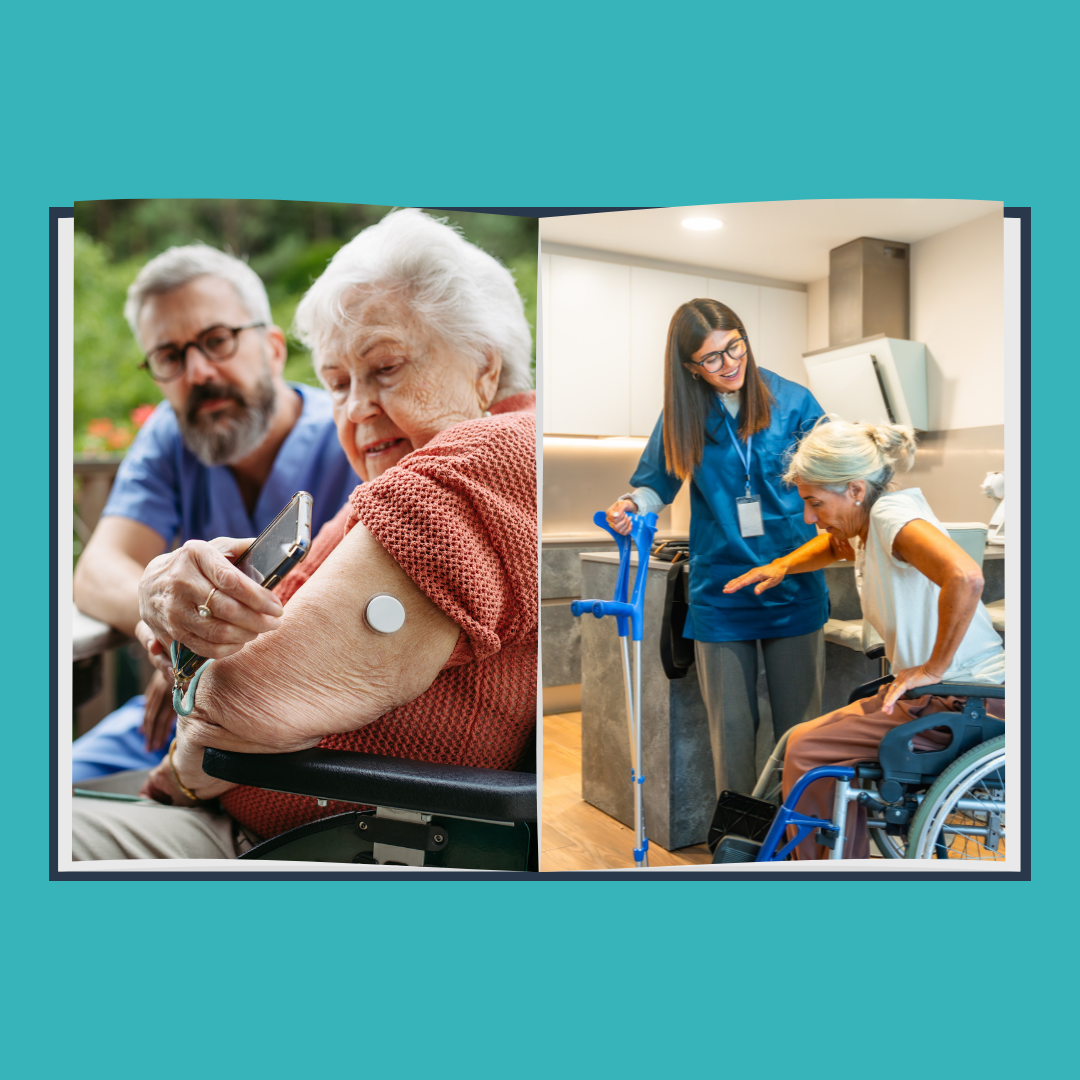New Paragraph
January 27, 2025
How to Start the Conversation About In-Home Care with Aging Parents
Starting a conversation about in-home care can be tough, but it’s a critical step in ensuring your loved one’s safety and comfort. Here’s how to approach it:
Preparation is Key
- Know the Options: Research in-home care services so you’re ready to answer questions. Familiarize yourself with the types of care available, such as personal care, companionship, and medical support.
- Choose the Right Time: Pick a calm, relaxed moment to bring up the topic. Avoid times of stress, illness, or family conflict.
- Have Evidence: Use specific examples, such as noticing difficulty with tasks, recent accidents, or health changes. Mentioning concrete observations shows that your concerns are based on their well-being.
Approach with Empathy
- Use "I" Statements: Express your feelings and concerns using "I" statements (e.g., "I’m worried about your safety when you’re alone" or "I’ve noticed you seem more tired after doing housework"). This avoids placing blame or making them defensive.
- Listen Actively: Allow them to share their thoughts and fears. Validate their emotions, even if they’re resistant at first.
- Be Patient: This conversation might take multiple attempts. Give them time to process the idea.
Focus on Independence
- Frame It Positively: Emphasize how in-home care supports their independence rather than limiting it. Highlight how caregivers can assist with challenging tasks while allowing them to focus on what they enjoy.
- Discuss Benefits: Talk about the advantages of in-home care, such as companionship, help with errands, and professional assistance with medical needs.
Address Common Concerns
- Privacy: Reassure them that caregivers will respect their privacy and preferences.
- Costs: Be prepared to discuss the financial aspect and how in-home care can be a cost-effective alternative to assisted living facilities.
- Control: Emphasize that they remain in charge of their daily routines, with caregivers there to assist as needed.
Involve Them in Decision-Making
- Collaborative Approach: Let them be part of the planning process. Discuss their preferences for care and daily activities.
- Trial Period: Suggest starting with a short-term or part-time caregiver to see how they feel about the arrangement.
- Gather Input: Encourage them to meet potential caregivers to ensure they feel comfortable.
Engage Supportive Resources
- Professional Advice: Involve their doctor or a trusted healthcare provider to reinforce the need for additional help.
- Educational Materials: Share brochures or websites that explain the benefits of in-home care.
- Family Meetings: If possible, include other family members to show unified support and understanding.
Be Ready for Resistance
Some seniors may initially reject the idea of in-home care. Stay calm and avoid arguing. Revisit the conversation later with a fresh perspective or new examples.
Let us help guide this conversation. Contact us for resources, expert advice, and personalized support to make this transition smoother for your family.

Parkinson’s Disease in Seniors: How In-Home Care Enhances Mobility, Safety, and Emotional Well-Being
Explore how Parkinson’s disease impacts seniors and how in-home care improves mobility, safety, emotional well-being, and daily independence. A must-read guide for families supporting aging loved ones with Parkinson’s.








